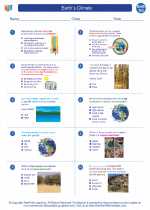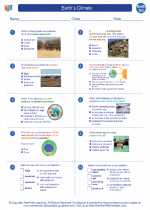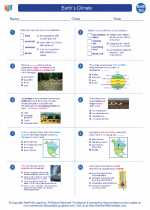Nuclear Energy
Introduction
Nuclear energy is the energy that is released during a nuclear reaction, either through fission (splitting of atomic nuclei) or fusion (combining of atomic nuclei). This energy can be captured and used for various purposes, such as generating electricity or powering vehicles.
Nuclear Fission
Nuclear fission is the process in which the nucleus of an atom is split into two or more smaller nuclei, along with the release of a large amount of energy. This process is the basis for nuclear power plants, where the energy released from fission reactions is used to generate electricity.
Nuclear Fusion
Nuclear fusion is the process in which two atomic nuclei combine to form a heavier nucleus, releasing a tremendous amount of energy in the process. While fusion is the process that powers the sun and other stars, it has yet to be effectively harnessed for practical energy production on Earth.
Uses of Nuclear Energy
Nuclear energy is primarily used for generating electricity in nuclear power plants. It is also used in some military applications, such as powering nuclear submarines and aircraft carriers. Additionally, research is ongoing to explore the potential use of nuclear energy for powering space exploration missions.
Advantages and Disadvantages
Advantages of nuclear energy include its high energy density, low greenhouse gas emissions, and reliability as a baseload power source. However, disadvantages include the generation of radioactive waste, potential for nuclear accidents, and concerns about nuclear proliferation.
Study Tips
- Understand the process of nuclear fission and fusion, including the key components involved.
- Learn about the different types of nuclear reactors and their operational principles.
- Explore the environmental and societal impacts of nuclear energy, including safety and waste management considerations.
- Compare and contrast nuclear energy with other forms of energy production, such as fossil fuels and renewable sources.
- Stay updated on current developments and debates in the field of nuclear energy.
◂Earth Science Worksheets and Study Guides High School. Earth`s Climate

 Worksheet/Answer key
Worksheet/Answer key
 Worksheet/Answer key
Worksheet/Answer key
 Vocabulary/Answer key
Vocabulary/Answer key
 Vocabulary/Answer key
Vocabulary/Answer key
 Vocabulary/Answer key
Vocabulary/Answer key
